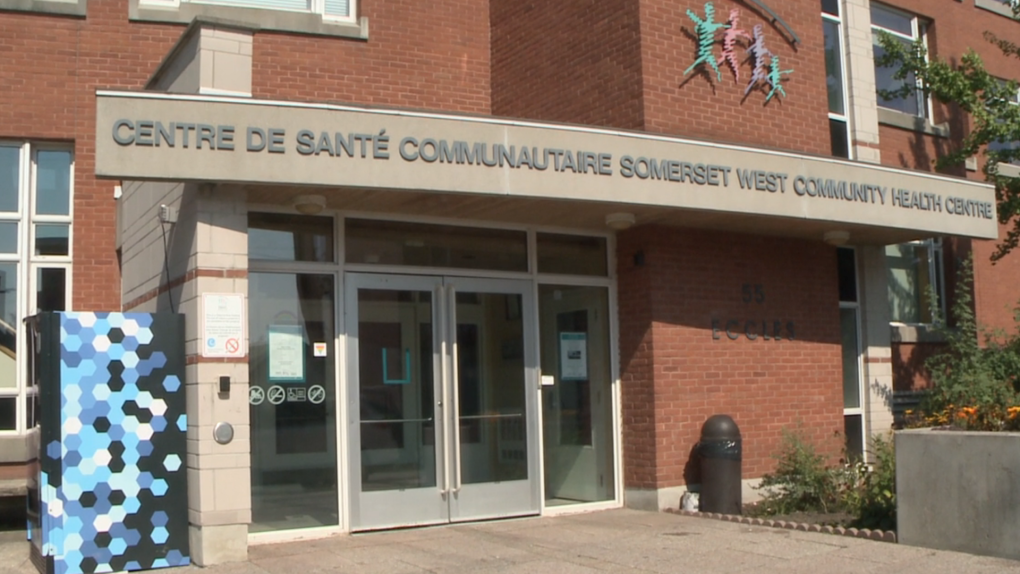
Two Ottawa community health centres have announced their intention to open Homelessness and Addiction Recovery Treatment (HART) hubs to support people experiencing homelessness and addiction.
The Somerset West Community Health Centre in downtown Ottawa and the Pinecrest Queensway Community Health Centre in the city’s west end announced they submitted applications to the Ministry of Health last month to become a HART hub.
The Somerset West Centre on 55 Eccles St. was one of 10 sites identified by the province that would be required to close its supervised consumption site because it is within 200 metres of a school or child care centre. The site would have had to close its safe consumption services by March 31, 2025.
Sites listed as safe consumption sites were exempt from a competitive call-for-proposals launched by the province to open a HART hub but had to demonstrate a “transition plan” to open the province.
The Pinecrest Queensway Community Health Centre did not previously provide safe consumption services and applied under a separate “competitive” stream for non-profit health providers.
Ontario is shifting away from harm reduction to an abstinence-based model and it intends to launch 19 new “homelessness and addiction recovery treatment hubs” – or HART hubs, as the province calls them – plus 375 highly supportive housing units at a cost of $378 million.
While the sites will provide mental health services, addiction care and support, social services and employment support, shelter and transition beds, supportive housing, and other supplies and services, including naloxone, onsite showers and food, they will not provide a safer supply of drugs, supervised consumption services, or needle exchange programs.
“This is about meeting people where they are at and engaging along their respective health, treatment or recovery journey,” said Suzanne Obiorah, the executive director of Somerset West Community Health Centre at a news conference on Tuesday.
“Our HART hub application aims to care for individuals who need a high level of service and experiencing a homelessness or housing insecurity along with mental health or substance abuse challenges.”
The province says each hub can be customized to meet the needs of its community and programs and services will vary.
“While the HART hubs represent a vital strategy to address Ottawa’s toxic drug and homelessness crises, we need multiple, interconnected interventions to best support our community. These include investments in community-based outreach programs, safe public spaces, and permanent supportive housing,” Obiorah said.
The centres hope to provide services for approximately 65 people at each.
Tamara Chipperfield, CEO of the Pinecrest Queensway Community Health Centre, says a west Ottawa HART hub will offer residents a better community healthcare option.
“Local health data demonstrates the need for multiple HART hubs to support the array of people in Ottawa who could benefit from a wraparound intensive mental health and substance use services that focus both on employment and on housing stabilization supports,” Chipperfield said.
“A west Ottawa HART Hub would save the system money by reducing reliance on emergency departments and offering residents a community healthcare option. Our proposed HART Hub builds on existing health and social services provided by organizations that know and understand the community’s needs.”
The proposed west Ottawa HART hub will offer a mix of health and social services for addiction care, which could include withdrawal support, walk-in healthcare and counselling, other addiction management and housing supports.
Health care and homelessness advocates have raised concerns over the province’s shift to the HART hub model and the removal of needle exchanges and safe consumption services.
The Somerset West Community Health Centre has offered supervised consumption services since 2018, one of three that offers currently offers these services in Ottawa.
With files from CTV News Ottawa’s Ted Raymond